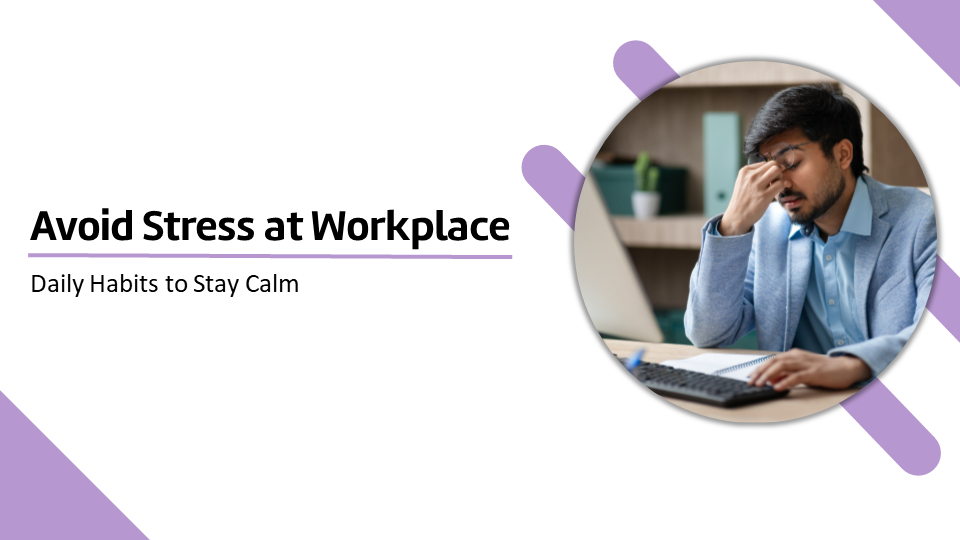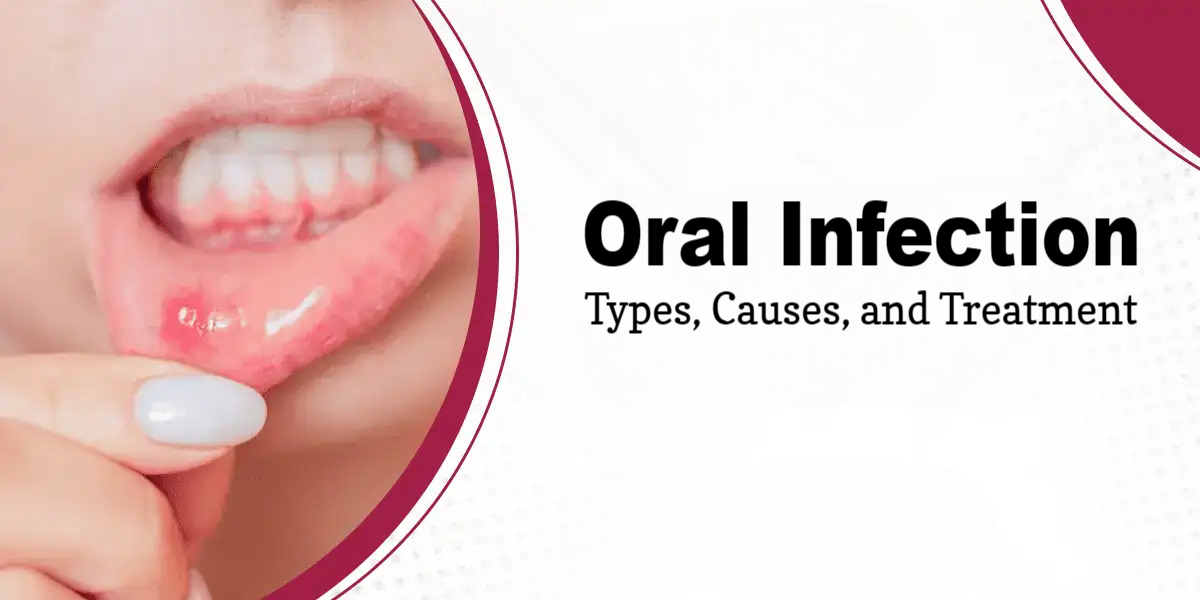Avoid Stress in Workplace: Daily Habits to Stay Calm and Focused

Strong 8k brings an ultra-HD IPTV experience to your living room and your pocket.
Workplace stress has become a common concern impacting employees across all industries.
There’s the constant pressure to be available, meet tight deadlines, excessive workload, and stand out in a competitive work environment.
Many end up working overtime, answering work messages/call late at night, or even thinking about work constantly. There’s no real switch off from work, which makes it harder to relax or recharge.
So even though people might not be at workplace, they’re mentally at work and that builds up a lot of stress.
Just like adding fuel to the fire, the living costs, unstable job markets, and the fear of layoffs adds more stress.
How Much Stress is Too Much?
Stress is a normal part of life, but in small doses. It can even be helpful by keeping you alert and motivated. But it becomes a concern when it’s constant or overwhelming, and you don’t get a break from it
Emotionally, it might show up as constant anxiety, irritability, or feeling overwhelmed.
You may find it harder to concentrate, withdraw from others, or rely more on unhealthy coping habits like overeating or drinking or smoking.
If stress lasts for weeks or starts interfering with your work, relationships, or overall well-being, that’s a clear sign it’s become too much.
Because when left unmanaged, workplace stress can lead to serious consequences such as depression, stress disorder, and other physical health issues.
Here’s
How Chronic Stress Affect Health?
The impact of Stress on Mental Health:
Stress on long-term triggers the release of stress hormones like cortisol, which, in high levels, can affect memory, mood, as well as cognitive function.
It also increases the risk of
- depression,
- anxiety disorders,
- sleep disturbances
Lack of sleep can reduce the ability to concentrate, impair decision-making, and weaken the immune system.
The impact of Stress on Physical Health:
When your body stays in a constant state of tension, it can lead to
- high blood pressure
- heart disease/heart attack
- strokes
- weakened immunity (making you more likely to likely to catch colds, infections, or recover more slowly)
- digestive problems (like stomach pain, indigestion, bloating or worsen conditions like IBS (Irritable Bowel Syndrome).
- Unhealthy weight gain/loss
The physical impact of long-term stress is just as serious and shouldn’t be overlooked.
How to Reduce Stress at Work: Effective Strategies?
There are effective ways to avoid workplace anxiety and promote mental well-being through simple lifestyle and behavioral changes.
Here are some proven daily habits to help manage stress at work:
1. Prioritize and Organize Tasks
Start your day by listing tasks in order of importance/priority and urgency.
Break large projects into smaller, manageable steps to avoid feeling overwhelmed.
Use planners or create to-do-list to keep you on track and reduce uncertainty about what needs to be done.
2. Take Regular Breaks
Prolonged screen time can cause eye strain and fatigue, worsening stress symptoms.
Follow the 20-20-20 rule.
- every 20 minutes, look at something 20 feet away for at least 20 seconds.
3. Practice Deep Breathing and Mindfulness
Deep breathing exercises stimulate the parasympathetic nervous system, which then could promote relaxation.
Take a few minutes to practice mindfulness or do medication.
4. Maintain Healthy Sleep Patterns
Addressing lack of sleep/poor quality sleep is much more important for stress management.
Aim for at least 7-9 hours of quality sleep each night.
Establish a consistent bedtime routine, avoid caffeine and screens before sleeping, and create a calm environment to improve restfulness.
5. Stay Physically Active
Physical activity reduces stress hormones and in return, triggers the release of endorphins (which is natural mood elevators).
Even short walks during breaks or simple stretching exercises can ease muscle tension, including alleviating symptoms like sudden knee pain caused by prolonged sitting.
6. Foster Positive Workplace Relationships
Building good rapport with colleagues creates a supportive environment that can reduce stress.
Open communication and teamwork help in sharing workloads and resolving conflicts, minimizing feelings of isolation.
7. Set Boundaries
Taking on too many responsibilities can increase stress levels.
Understand your limits and communicate them clearly. Saying no when necessary preserves your energy and keeps your workload manageable.
If stress becomes overwhelming, and/or symptoms persist, consulting a mental health professional is recommended.
Key Takeaways:
Understanding what causes stress at work and implementing daily habits to reduce stress at work are critical for maintaining mental health and workplace productivity.
Simple practices like task organization, taking breaks, eye relaxing exercises, physical activity, and maintaining healthy sleep patterns can significantly alleviate stress.
Embracing these habits promotes calmness and focus, enabling employees to thrive despite workplace challenges.
Remember, stress management is not just about reducing discomfort but protecting your overall health and well-being for the long term.
By taking control of your mental health today, you create a healthier, more balanced work life free from the harmful impacts of workplace stress.
Note: IndiBlogHub features both user-submitted and editorial content. We do not verify third-party contributions. Read our Disclaimer and Privacy Policyfor details.




